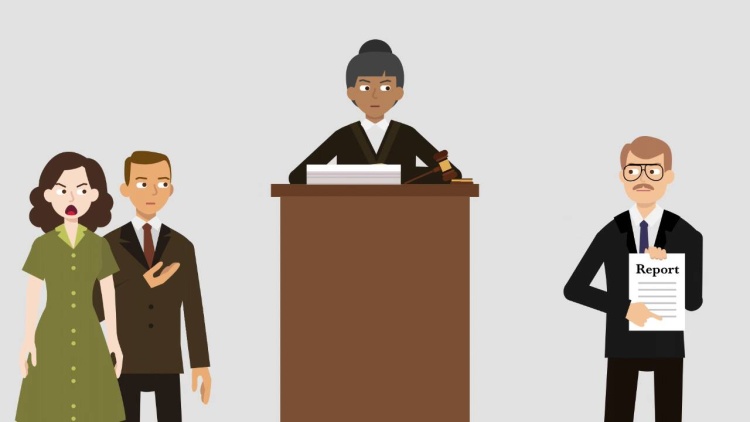Beech Aircraft Corp. v. Rainey
United States Supreme Court
488 U.S. 153 (1988)

- Written by Sean Carroll, JD
Facts
Two pilots died in the crash of a Navy training aircraft. The cause of the accident was unknown. The pilots’ spouses (the spouses) (plaintiffs) brought a products-liability suit against Beech Aircraft Corp. (Beech) (defendant), the manufacturer of the plane that crashed, on a theory that the crash was caused by a loss of power in the plane’s engine due to a fuel-control-system defect. Beech defended itself on the theory of pilot error. Beech sought to introduce into evidence an investigative report prepared by Lieutenant Commander William Morgan pursuant to an order from the training squadron’s commanding officer. The report was broken down into sections labeled “finding of fact,” “opinions,” and “recommendations.” Specifically, Beech sought to introduce a statement in the “opinions” section that stated that “[t]he most probable cause of the accident was the pilots [sic] failure to maintain proper interval.” The trial judge admitted this statement. At trial, Beech also called John Rainey, one of the spouses, as a witness and asked him about two statements he made in a letter to Morgan six months after the crash. The first statement suggested that Rainey’s deceased wife had attempted to cancel the training flight due to factors including the student pilot’s fatigue. The second statement suggested that someone in the training airplane could have suddenly initiated a hard right turn when another airplane was unexpectedly close to the training airplane. In addition to those two statements, Rainey’s letter also described the results of Rainey’s own investigation and concluded that the most likely cause of the crash was that the engine lost power due to a fuel-control malfunction. Rainey’s counsel tried to ask Rainey on cross-examination about the power-failure theory he discussed in his letter. However, the trial court sustained Beech’s objection to that question and prevented Rainey’s counsel from asking Rainey anything further about the letter. On appeal, the court of appeals held that the trial court should not have admitted the statement from the “opinions” section of Morgan’s report. The court of appeals also held that the trial court erred in refusing to allow Rainey to testify further about his letter to Morgan. The United States Supreme Court granted certiorari.
Rule of Law
Issue
Holding and Reasoning (Brennan, J.)
What to do next…
Here's why 906,000 law students have relied on our case briefs:
- Written by law professors and practitioners, not other law students. 47,100 briefs, keyed to 995 casebooks. Top-notch customer support.
- The right amount of information, includes the facts, issues, rule of law, holding and reasoning, and any concurrences and dissents.
- Access in your classes, works on your mobile and tablet. Massive library of related video lessons and high quality multiple-choice questions.
- Easy to use, uniform format for every case brief. Written in plain English, not in legalese. Our briefs summarize and simplify; they don’t just repeat the court’s language.





